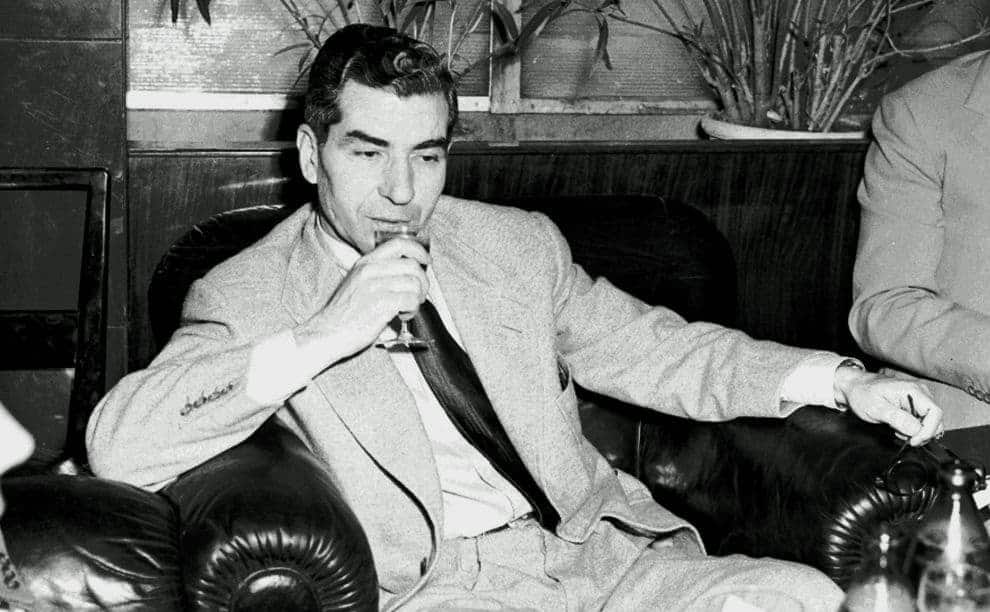In July 1943, the US Army was preparing to invade the island of Sicily. Since entering the war on the side of the Allies, the US had been fighting its way across North Africa, pushing the Axis out and securing control over the coast. Sicily would be the next step, giving the Allies a springboard to seize control of Italy. Of course, the Axis suspected that an invasion was imminent somewhere in the Mediterranean, and the Germans had moved troops into Italy to respond to any attempt to force a landing. The invasion would be far from a cakewalk. Luckily for the Americans, they were about to get help from an unlikely source: Mobster Lucky Luciano.
Charles Luciano was born Salvatore Luciana in Sicily in 1897. His father was a miner who dreamed of one day emigrating to America. Reputedly, his father kept a calendar from a passenger ship company and a jar underneath his bed where he would stash away money in the hopes of saving enough to make the journey. When Luciano was nine, his father’s dream came true, and the family took a ship to New York. The family settled in the city among the growing Italian-American community. However, like many first-generation Italian immigrants at the time, Luciano was eventually swept up into organized crime.

Luciano dropped out of school at a young age and started his own gang. Luciano’s gang was unusual among Italian organized crime groups in that it served as a protection racket for Jewish kids in the neighborhood. They came to Luciano for muscle when they were targeted by the other gangs in the area. The unusual arrangement came to benefit Luciano when he met Meyer Lansky, a Jewish gangster who himself had a number of innovative rackets. The two eventually grew very close and found their relationship mutually profitable. Luciano benefited from Lansky’s earnings and Lansky from Luciano’s muscle.
Like many gangsters, Luciano also benefited from prohibition and moved into bootlegging. Combined with his protection rackets, prostitution, and drug peddling, Luciano was soon pulling in millions of dollars a year. But by the 1920’s, the tensions within the Italian-American organized crime community were running high. The Mafia had become split between the young, first-generation gangsters, and the older, Italian-born members of the Mafia. Typically, the younger gangsters were more willing to work with non-Italians and move into new rackets. Meanwhile, the older “Mustache Petes,” as they came to be known, were more conservative.

Luciano was recruited into the old guard faction by mob leader Joe Masseria. But while Luciano was willing to gun people down on Masseria’s orders, he and his boss had profoundly different ideas about the future of the Mafia. When the tensions between the two factions boiled over into war, it was Luciano who eventually helped negotiate a peace. Of course, he did so by organizing a hit on his boss and making a deal with the leader of the other faction, Salvatore Maranzano. The arrangement made Luciano the second man in the Mafia after Salvatore Marazano. For Luciano, that really just meant that total control over the Mafia in New York was simply a bullet away.

